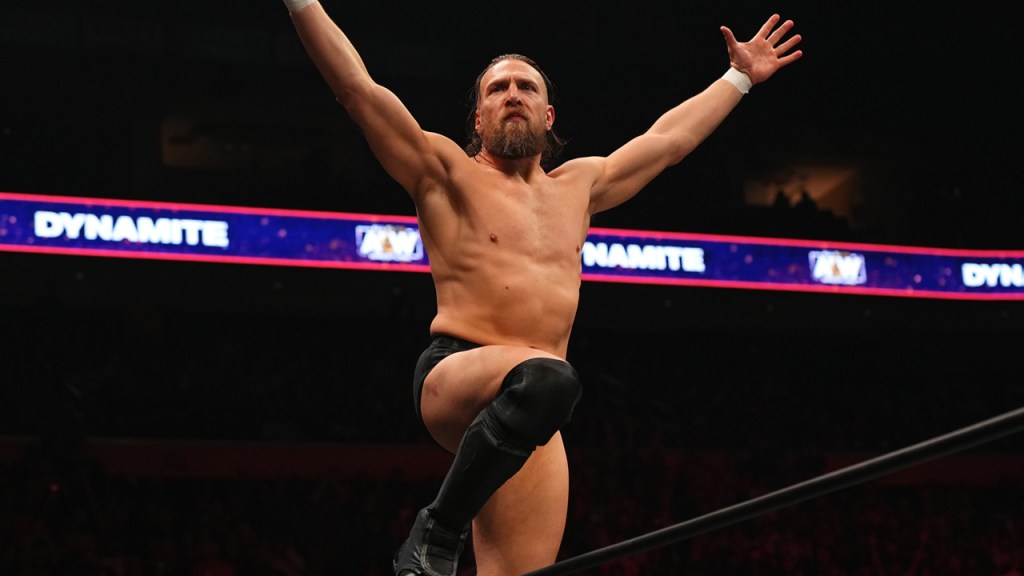Bryan Danielson is focused on what he can control, and not so much on being the best wrestler in the world.
During a recent interview with Justin Barrasso of Sports Illustrated, Bryan Danielson spoke about how he approaches success in the wrestling business. Danielson said being the best is subjective, and he instead focuses on learning and trying to overcome new…






